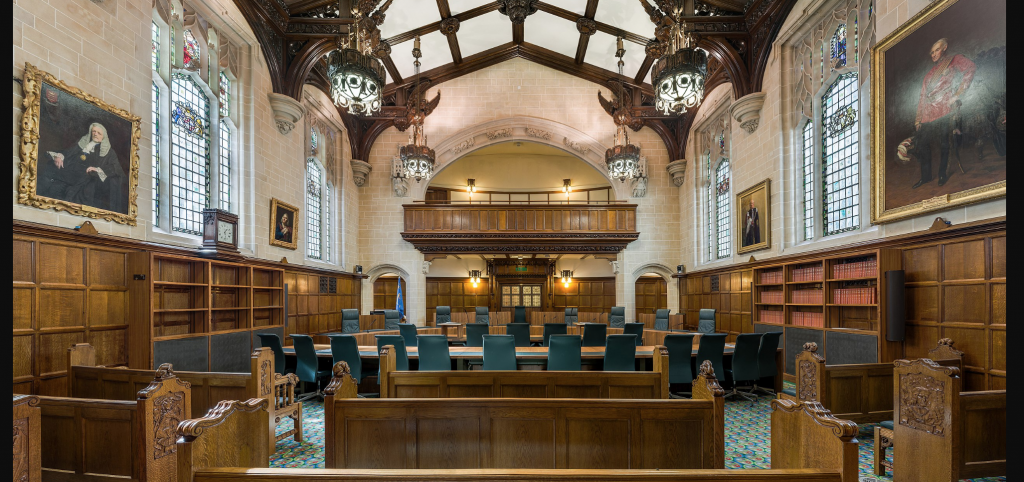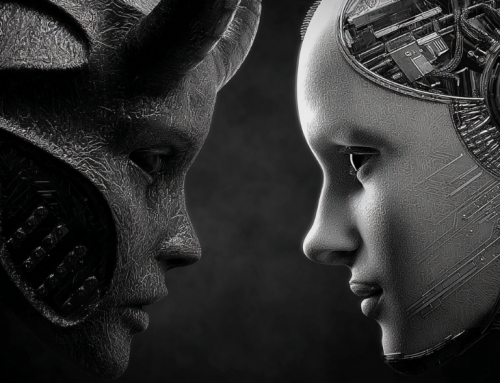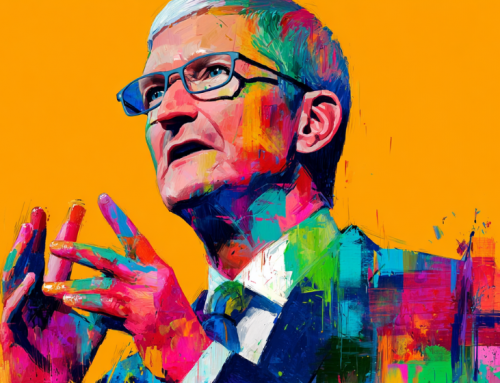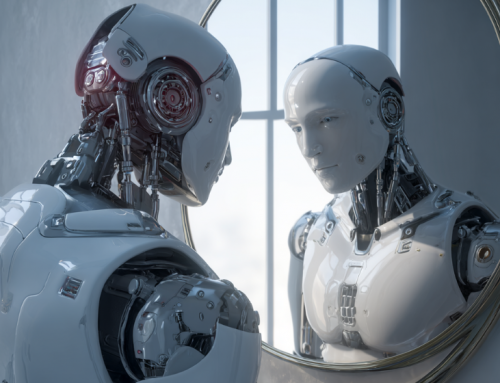
Courts and legislators in Great Britain are deciding new legal questions about AI inventions.
Courts in Britain Decide AI Gets No Credit, Profits from Its Inventions
An issue that’s reached the forefront of AI debates involves algorithms inventing new processes, materials, drugs, and more. A three-judge panel in Great Britain decided recently that AI has no rights to ownership.
“Only a person can have rights. A machine cannot,” wrote Lady Justice Elisabeth Laing in her judgement. “A patent is a statutory right and it can only be granted to a person.”
The three-judge panel split their vote 2 to 1. The dissenting judge said:
“The fact that no inventor, properly so-called, can be identified simply means that there is no name which the [IPO] has to mention on the patent as the inventor,” he wrote.
Instead, the IPO “is is not obliged to name anyone (or anything).”
At its core, the argument is about whether a law written for human inventors can be applied to machines.
The appeal court ruled against Stephen Thaler, creator of a system called Dabus, who took a case against the UK’s Intellectual Property Office (IPO) which refused patents to his AI. It’s the latest judgment in a battle to grant machines “inventor” status.
Earlier this month, Thaler lost a similar case in the United States, although he has won elsewhere.
Thaler filed two patent applications in 2018, one for a type of food container and one for a flashing light. But he did not list himself as the inventor. Instead, he chose to list Dabus, which was the AI algorithm that actually invented the food container. Thaler said it’s only right that Dabus get the patent.
The story on bbc.com points out that this is a global issue. Think of the music written by AI or the paintings produced by AI. Do they get the Grammy or will AI keep the money from Southeby’s Art auction?
In July, an Australian court decided that AI systems can be recognized as the inventor for patent purposes—an outcome of one of Thaler’s Dabus-related claims. Days earlier, South Africa had issued a similar ruling.
But the United States, arguably one of the most significant markets to secure patents in, agrees with the UK judges that only “natural persons” can be inventors.
Earlier this month, U.S. District Judge Leonie M Brinkema upheld that ruling, writing:
“As technology evolves, there may come a time when artificial intelligence reaches a level of sophistication such that it might satisfy accepted meanings of inventorship. But that time has not yet arrived, and, if it does, it will be up to Congress to decide how, if at all, it wants to expand the scope of patent law.”
It’s going to be up to the legislators of the countries involved to rewrite or to create laws and a patent system that will work equally well for smart humans and even smarter machines.
read more at bbc.com







Leave A Comment